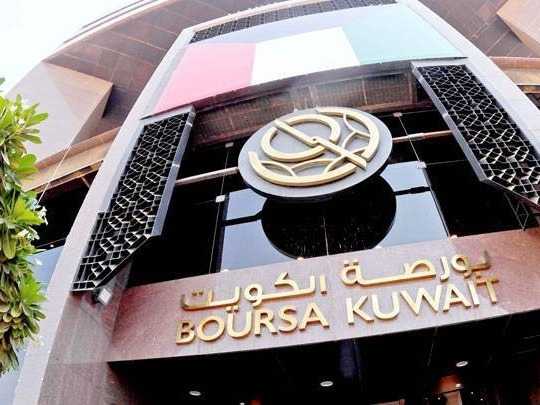Markaz gives Kuwait markets favorable look for 2024

In its monthly report on Gulf stock market performance for January 2024, the Kuwait Financial Center (Markaz) gave a positive look for the Kuwaiti market, emerging as the highest gains in the Gulf during the month. The performance of Gulf market indices varied due to a decline in the possibility of the Federal Reserve reducing interest rates, driven by the United States experiencing growth in real gross domestic product in the last quarter of 2023.
The report noted a rebound in the Kuwaiti market after a decline in 2023. Factors such as the formation of a new government, increased non-oil sector activity, and expectations of the US Federal Reserve reducing interest rates in the latter half of 2024 contributed to an optimistic atmosphere among investors, reports Al-Qabas daily.
The general index witnessed a 6.6% rise in January, supported by broad gains across all sectors. Bank shares, particularly those of the National Bank of Kuwait and Kuwait Finance House, recorded monthly returns of 9.6% and 6.3%, respectively. Premier market stocks like the Kuwait Investment Company and Boursa Kuwait achieved significant gains, with total returns of 49.6% and 17.7%, respectively.
Consumer prices in Kuwait accelerated to 3.37% annually in December 2023, primarily driven by a 6.72% annual increase in the clothing and footwear component. Consumer spending growth in Kuwait, measured by card transactions, decreased to 5.4% year-on-year in the fourth quarter of 2023, compared to 8.7% in the third quarter spending increased by 8.6% annually in 2023, returning to normal after a 21.7% rise in 2022.
The Kuwaiti budget deficit for the fiscal 2024/2025 is anticipated to reach 5.89 billion dinars ($19.15 billion), reflecting a 13.5% decrease compared to the previous fiscal year. This projection is based on an assumption of an oil price of $70 per barrel.
Real estate sales in Kuwait increased by 13.6% quarterly to 771 million dinars in the fourth quarter of 2023, while the investment and commercial segments contributed to strong activity, residential unit sales experienced a slight decline, resulting in a year-on-year decrease of 22% in 2023.
The report also discussed the mixed performance of Gulf markets in January, with the Standard & Poor’s Composite Index for Gulf Cooperation Council countries showing a slight decline of 0.6%. The Saudi and Abu Dhabi markets contributed to this decline, decreasing by 1.4% and 0.7%, respectively. The Qatari market experienced a 6.8% decline due to a sharp drop in natural gas prices.
Looking ahead to February 2024, the report highlighted that global and Gulf market performance depends on two key factors: indicators from the United States regarding interest rate reductions and the announcement of profits by major companies.
Oil prices stabilized at $81.7 per barrel, recording a monthly gain of 6.1% due to ongoing geopolitical tensions in the Middle East and expectations of increased demand in 2024. The interruption of oil supplies in Libya and attacks on tankers in the Red Sea contributed to the rise in oil prices.














